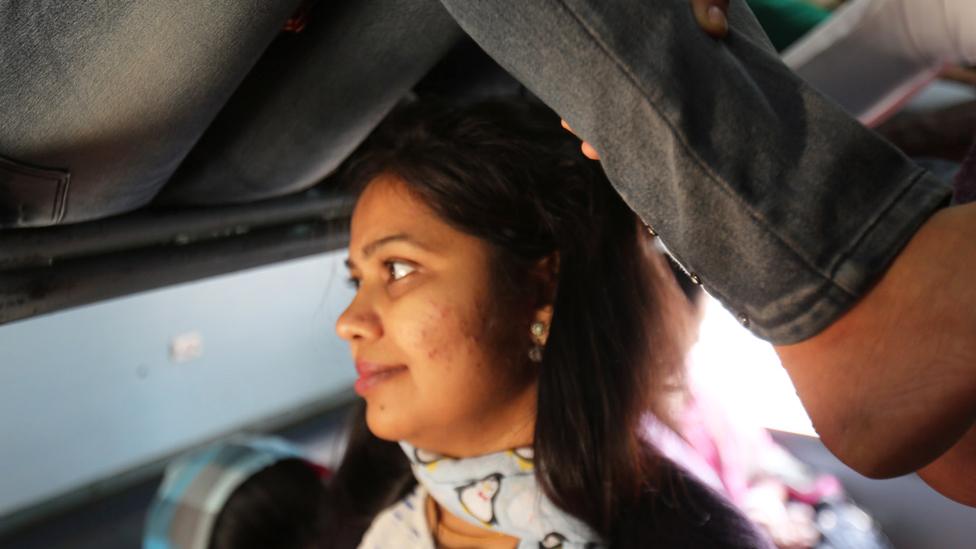India trains 'flexi' fares cause anger on social media
- Published
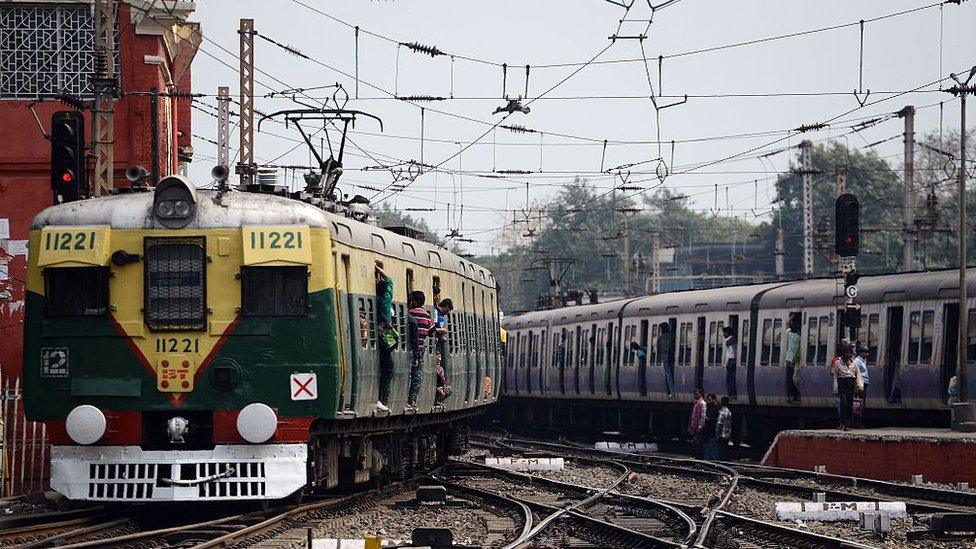
Indian Railways operates more than 12,000 trains, carrying some 23 million passengers every day
Indian Railways' decision to introduce "flexi fares" on three premium train services has been met with anger on social media.
Authorities announced that only the first 10% of tickets for its Rajdhani, Shatabdi and Duronto express services would be held at current prices.
Thereafter fares will jump by 10% for every 10% of berths sold, subject to a cap of 1.5 times the basic fare.
Many have criticised the move as a poorly disguised fare hike.
A railways spokesman told the BBC that the move was "experimental" and they would take passenger feedback into consideration.
The state-run Indian Railways, the third largest network in the world, operates more than 12,000 passenger trains, carrying some 23 million people daily.
However, the heavily subsidised service operates under massive losses.
In 2014, it lost $5bn in its passenger operations.
The three premium services are in high demand as they cover most of the country and are faster and more comfortable than regular trains.
Critics say the new fare structure is likely to make many train journeys more expensive than flights on India's low-cost airlines, many of whom cover the same routes in a fraction of the time.
The issue dominated conversation on Twitter on Thursday with #SurgePricing trending for much of the morning.
There was overwhelming anger at what was seen as a policy that would primarily have an impact on the middle class and the poor.
Many had tweeted at the Railways Minister Suresh Prabhu and the prime minister, requesting them to reconsider.
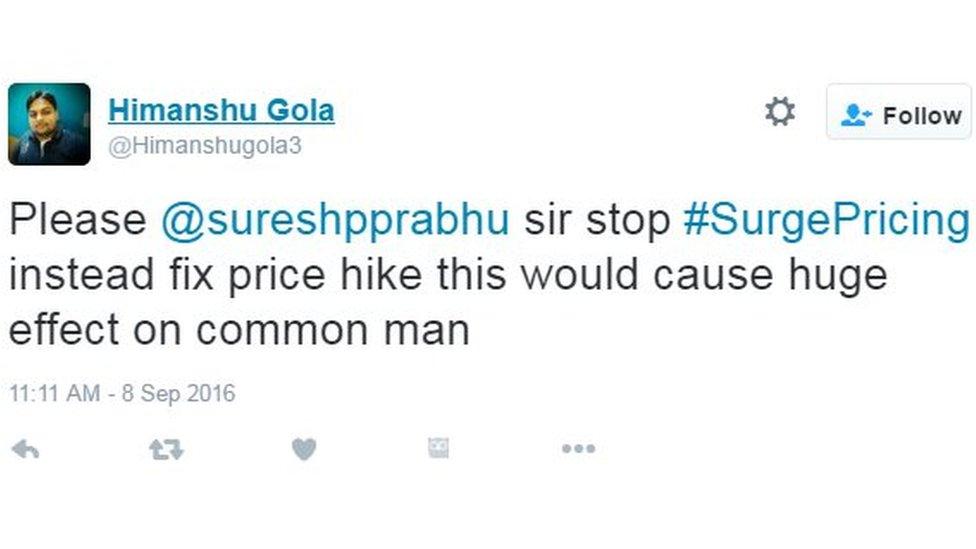
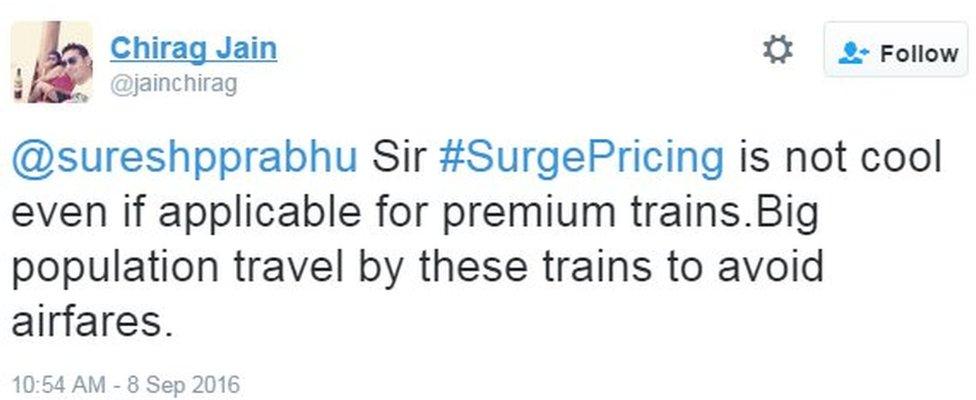
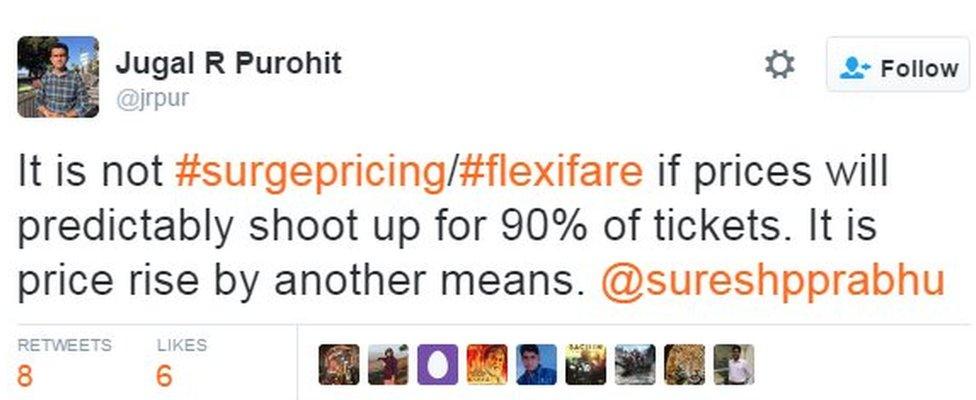
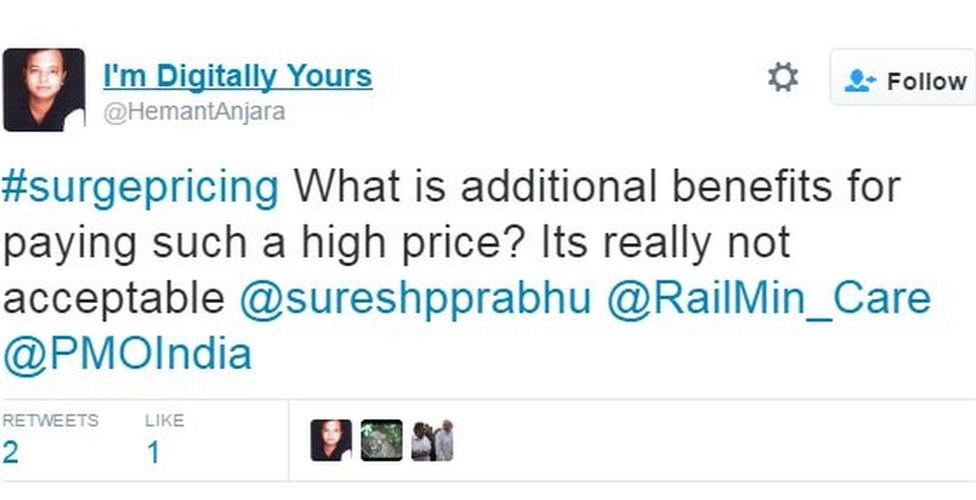
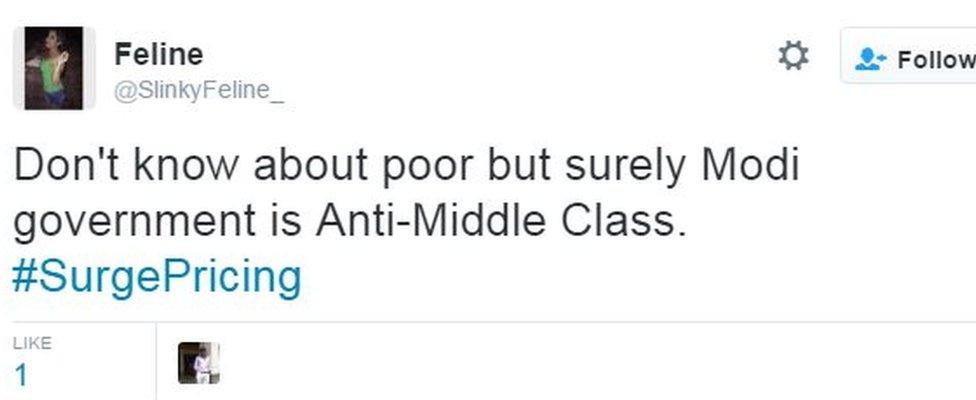
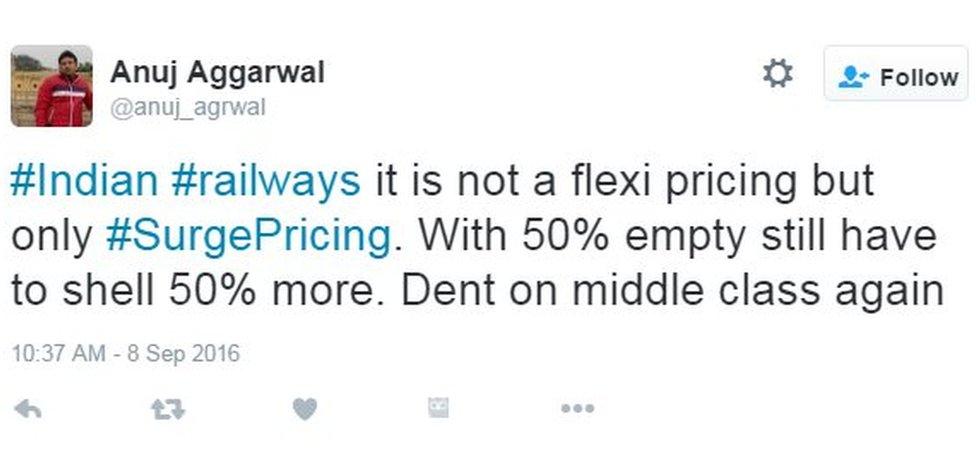
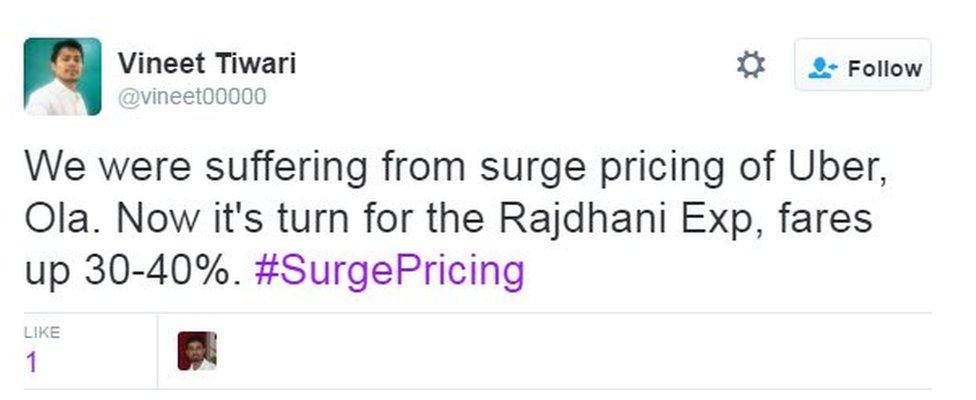
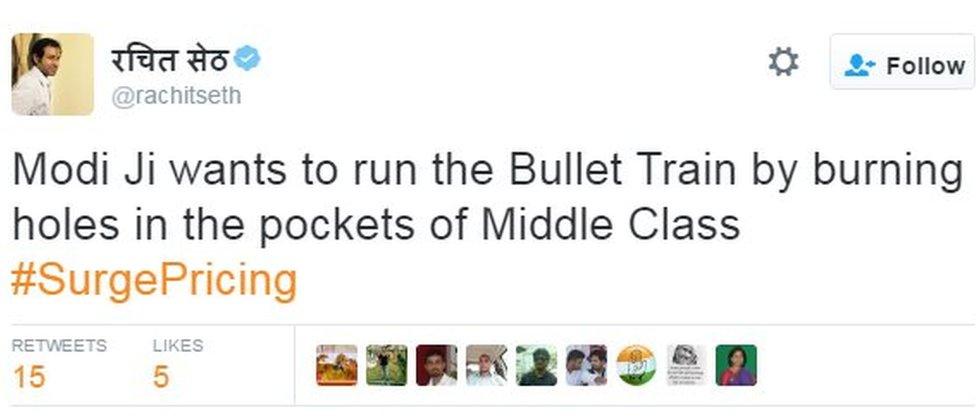
- Published8 April 2015
- Published22 March 2016
